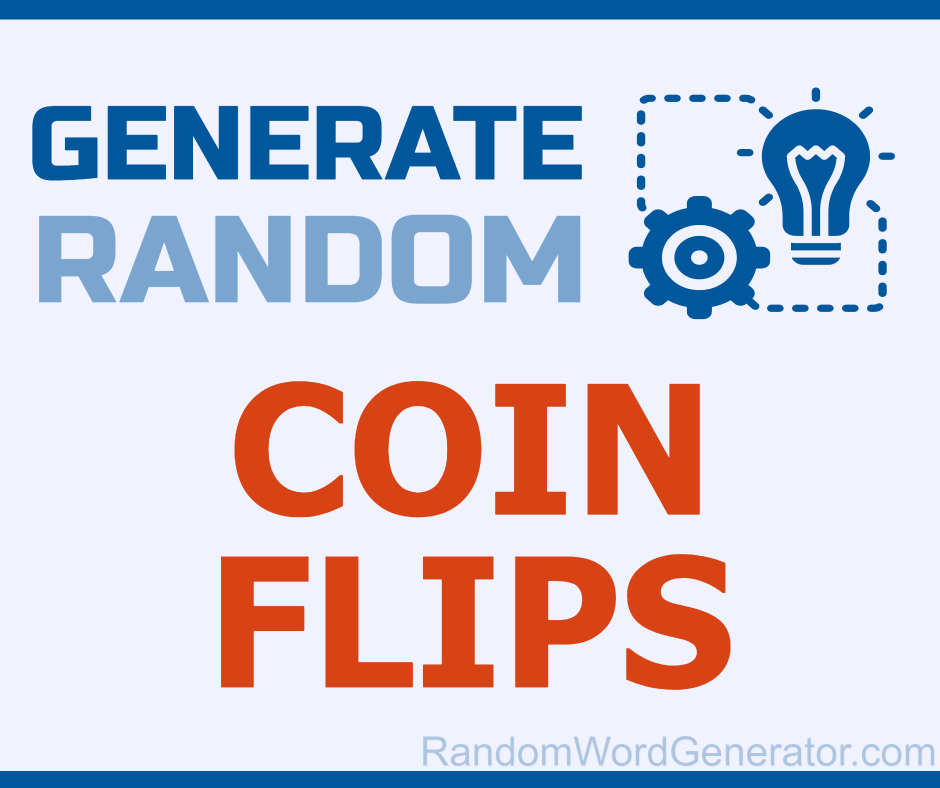

However, when resorting to randomness is motivated by deference to a divine authority, there is no issue in explaining why the random outcome constitutes an epistemic gain: the very act of relinquishing control over choice and delegating it to an external process turns the physical event into (coin, dice, straw, page) a meaningful one, providing information as to what the divine intentions are. Neither practice, nicely enough, binds the agent to the random draw or its proffered meaning. There might be a continuity between coin flipping in one’s privacy and the more ritualised random draws seen in divination, as Edward Burnett Tylor suggested: in both cases, individuals are prone “to suppose spiritual beings standing over the diviner or gambler, shuffling the lots or turning up the dice to make them give their answers”. Similar to the Shiite tradition, the Omikuji fortune message has two parts: an abstract poetic part and a concrete recommendation that often has a clear valence ranging from “excellent” to “extremely Bad”. (see Figure 2) The customer starts by blind-drawing a metal straw from a bunch of straws of various lengths and then goes to the drawer indicated by the straw length to pick up her/his fortune. The paper fortunes are organized in a long library of numbered drawers. The process is diligently and conspicuously randomized. In Sensoji temple at Asakusa in Tokyo, visitors afflicted by indecision can consult the divine wisdom by purchasing an Omikuji paper fortune. Consulting religiously themed randomizers is not restricted to Muslims. Very often, the clergyman is not even interested in knowing what the dilemma is about but nonetheless goes about drawing God’s verdict which is, in turn, taken up with much gratitude and respect and often repaid for with handsome gifts. Take for instance the extremely common and respectfully regarded practice of Estekhāre in Shiite Muslim cultures: A distinguished clergyman with an ostentatiously random mannerism draws a verse from the Holy Koran and immediately interprets it as “good”, “middle” or “bad” to guide the undecided believer with his/her dilemma. True, relying on a random draw might betray a sort of wishful deference to a higher-causality, as it does in many divination practices.
#Random coin flip movie#
To his victim, in Joel and Ethan Coen’s movie Supervillain Anton Chigurh offers a coin toss One of the few experimental studies conducted on the matter by Freaknomics presenter Steven Levitt suggests that people who decide to make a change in their lives derive extra-happiness if it is consistent with what a previous coin flip recommended them to do.įigure 1. These conceptions miss the idea conveyed in the conversation quoted above: that a random draw can act as a useful personal decision-making device in situations of uncertainty. In popular culture, coin flipping is favoured by criminals and sociopaths, who use it to display their indifference toward the fate they will inflict to their victims (see Figure 1). Why would anyone defer to a random process, such as flipping a coin, to take personal decisions? Most often, the practice is attributed to superstition, worthy only of those who, like Donald Duck, carry their ‘lucky penny’ around. And that is how I realized what I really wanted. The coin landed on tails and I heard myself thinking, “Let’s do best of three”. Heads for medicine and tails for engineering. I liked both and could not make up my mind. – For my undergraduate, I was completely undecided between medicine and engineering.


 0 kommentar(er)
0 kommentar(er)
